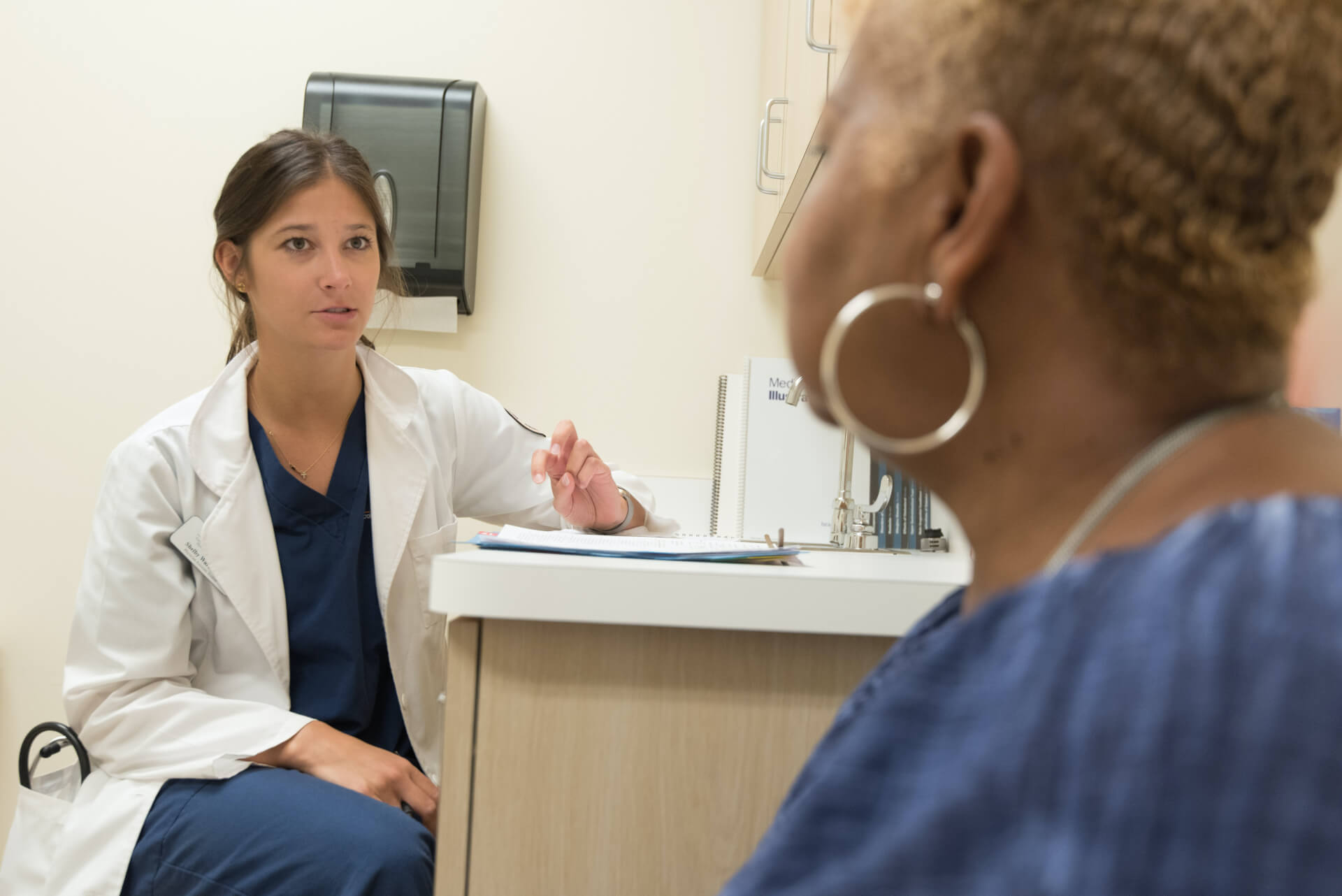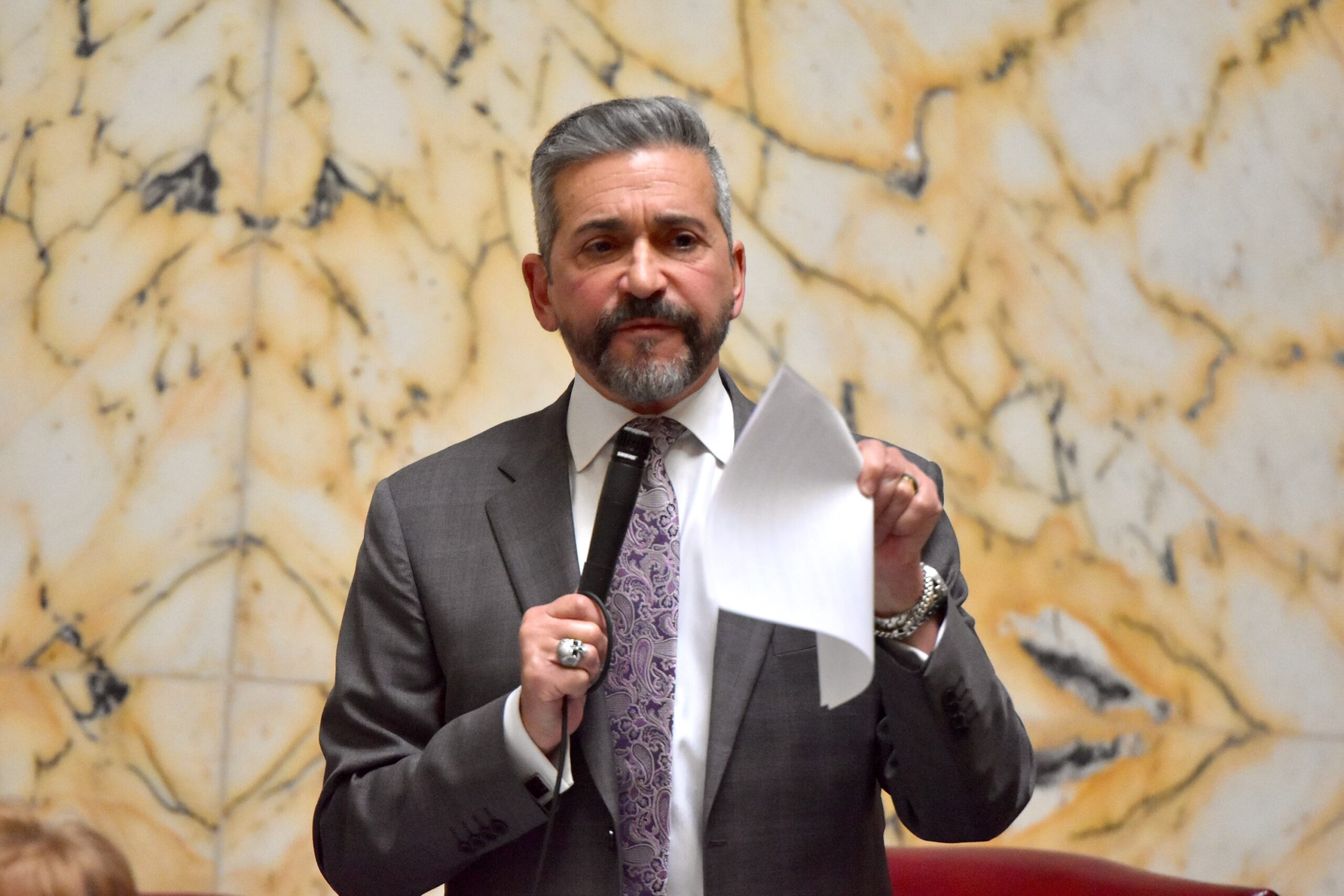New Grant Program Will Reduce Health Care Inequality, Advocates Say

Health advocates said on Thursday that legislation approved by the General Assembly this year will reduce health care disparities in measurable ways.
They pointed in particular to the Maryland Health Equity Resource Act, Senate Bill 172 and House Bill 463, which will fund grants in neighborhoods that have suffered from “health disparities and poor health outcomes.”
Organizations within those communities — including hospitals, non-profit organizations, universities and health centers — will be able to apply for grants from the program, which will receive $59 million over the next five years.
To be approved, grant-seekers must demonstrate that their program or initiative will reduce health disparities, improve outcomes, boost access to primary care, prevent illness, or reduce hospital use.
As originally drafted, the measure would have generated funding through a one-percent increase in the tax on alcohol, but that provision was stripped out by the General Assembly. Lawmakers were reluctant to boost prices on beer, wine and liquor at a time when bars and restaurants were being hammered by the pandemic — and they feared a veto from Gov. Lawrence J. Hogan Jr. (R).

Vincent DeMarco
They turned instead to the state’s COVID-19 relief fund and the state’s reinsurance program.
The neighborhoods eligible to become “Health Equity Resource Communities” likely will mirror those that qualified for the O’Malley-era Health Enterprise Zone program, a five-year initiative that expired in 2016.
“We wanted this to be permanent, with a long-term funding mechanism in it,” said Vincent DeMarco, head of the Maryland Citizens Health Initiative. “Because we didn’t want it to be subject to every year [fights] in the budget.”
“The legislature did not want to” raise taxes on alcohol, he added, “but they did achieve our goals.
The Maryland Community Health Resources Commission will consider and award grants and will be responsible for measuring the success of programs that receive funding.
Lawmakers participating in a Maryland Citizens Health Initiative press conference pointed to several other measures they said would benefit the public. One establishes a commission on health equity, another makes a telehealth provision permanent, and a third boosts funding for local health departments.




 Creative Commons Attribution
Creative Commons Attribution